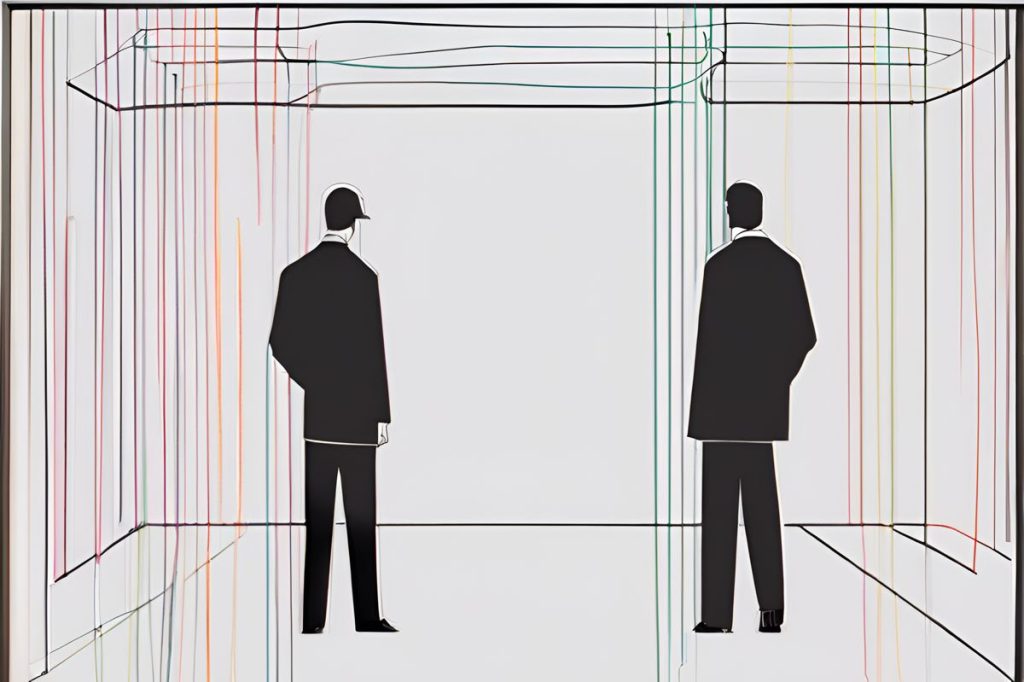Turkish Cypriot leader Ersin Tatar declined a UN trilateral meeting proposal, demanding recognition of Turkish Cypriots’ sovereign equality and advocating for a two-state solution, contrasting with local preferences for a federal system. The refusal has sparked criticism and highlighted divisions in opinions among Turkish Cypriot leaders, with potential implications for regional stability and international relations in the Eastern Mediterranean.
Why did the Turkish Cypriot leader decline the UN’s trilateral meeting proposal?
The Turkish Cypriot leader Ersin Tatar declined the UN’s trilateral meeting proposal, stating that any talks must recognize Turkish Cypriots’ sovereign equality and equal international status. He insists on a two-state solution, which contrasts with some local preferences for a bizonal, bicommunal federation.
Unilateral Rejection of Trilateral Talks
Turkish Cypriot leader Ersin Tatar has firmly dismissed a proposition for a trilateral discussion, which included UN secretary-general’s envoy Maria Angela Holguin and Greek Cypriot President Nikos Christodoulides. This refusal was reported by local news sources, hinting at underlying tensions in the region. Tatar’s direct rebuff of the United Nations’ initiative raises questions about the future of negotiations and peace efforts.
Reportedly, Tatar clarified that his support for a two-state solution remains unwavering and that discussions would only recommence on the condition of recognizing the Turkish Cypriot side’s sovereign equality and equal international status. His stance reflects the complex dynamics of the Cyprus issue, which has historically been fraught with disagreements and failed negotiations.
Political Turmoil and Opposition Voices
The decision by the Turkish Cypriot leader not to engage in suggested talks has sparked criticism from within. Tufan Erhurman, leader of the Republican Turkish Party (CTP), has openly censured the move, arguing that it does not align with the best interests of Turkish Cypriots. Erhurman emphasized that a trilateral meeting should not be feared as it doesn’t equate the beginning of formal negotiations, yet it signifies an opportunity to discuss under the UN’s auspices with both leaders present.
Erhurman also highlighted the Turkish Cypriot community’s historical preference for a solution based on a bizonal, bicommunal federation with political equality, and sovereign rights shared between the two communities. This vision contrasts with Tatar’s two-state solution advocacy, indicating a divide in opinions among Turkish Cypriot leadership and political factions.
International Involvement and Future Dialogues
The UN envoy’s concerted efforts for renewed dialogue included separate sessions with both Christodoulides and Tatar. During her third official visit to the island, Holguin stated her hope for the leaders to acknowledge international support and strive towards progress. The international community’s role in facilitating talks is pivotal, as it can influence the direction and nature of the peace process.
A subsequent meeting has been scheduled between Holguin and Christodoulides, set to take place on May 13. This meeting, a day before the envoy’s departure, could be critical in determining the potential avenues for resumption of dialogue and the possibilities of bridging the gap between the divided stances.
Escalating Tensions and Regional Implications
The refusal to engage in trilateral talks does not only impact the immediate parties involved but also carries broader implications for the stability and security of the Eastern Mediterranean region. Cyprus, a nation with a complex history of division, remains a point of geopolitical interest for multiple actors, including the European Union, Turkey, and other regional stakeholders.
The international ramifications of such diplomatic rejections could influence relations between the EU and Turkey, as well as affect ongoing efforts to explore and exploit energy resources in the region. Stability in Cyprus is crucial for ensuring regional peace and the safe exploration of natural resources that could benefit all parties involved.
With the international community closely monitoring the situation, the decisions made by Turkish Cypriot and Greek Cypriot leaders will be instrumental in determining the future of the island and the wider Eastern Mediterranean.
Why did the Turkish Cypriot leader decline the UN’s trilateral meeting proposal?
The Turkish Cypriot leader Ersin Tatar declined the UN’s trilateral meeting proposal, stating that any talks must recognize Turkish Cypriots’ sovereign equality and equal international status. He insists on a two-state solution, which contrasts with some local preferences for a bizonal, bicommunal federation.
What are the implications of the Turkish Cypriot leader’s refusal on regional stability?
The refusal to engage in trilateral talks not only impacts the immediate parties involved but also carries broader implications for the stability and security of the Eastern Mediterranean region. It could influence relations between the EU and Turkey, as well as affect ongoing efforts to explore and exploit energy resources in the region. Stability in Cyprus is crucial for ensuring regional peace and the safe exploration of natural resources.
How has the Turkish Cypriot leader’s decision been received domestically?
The decision by the Turkish Cypriot leader not to engage in suggested talks has sparked criticism domestically. Opposition voices, such as Tufan Erhurman, leader of the Republican Turkish Party (CTP), have openly censured the move, arguing that it does not align with the best interests of Turkish Cypriots. This indicates a divide in opinions among Turkish Cypriot leadership and political factions.
What is the role of the international community in the future of dialogues between the Turkish Cypriot and Greek Cypriot leaders?
The UN envoy’s efforts for renewed dialogue included separate sessions with both Christodoulides and Tatar. The international community’s role in facilitating talks is pivotal, as it can influence the direction and nature of the peace process. A meeting between Holguin and Christodoulides has been scheduled, which could be critical in determining the potential avenues for resumption of dialogue and bridging the gap between the divided stances.

